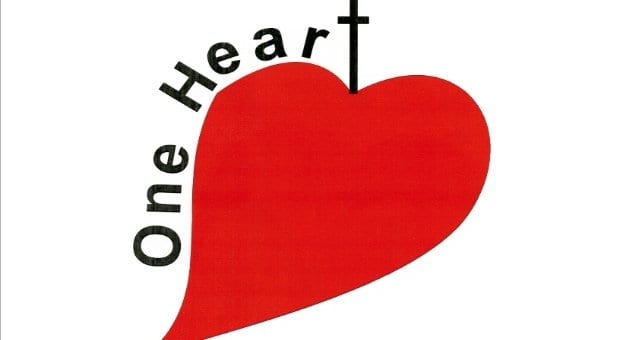Yukon’s publicly funded Catholic school system’s new draft policy on “same-sex attraction” makes queer students second-class citizens, says one homophobia and education researcher.
But the Yukon Department of Education says the proposed new policy is compliant with human rights legislation.
On Sept 3, the Roman Catholic Diocese of Whitehorse released a draft policy on gay and lesbian students titled “One Heart: Ministering by Love,” which was developed under the umbrella of the Department of Education’s existing policy on gender identity and sexual orientation. The councils for the three Catholic schools in Whitehorse are reviewing the draft policy and collecting feedback until Oct 11.
The draft policy replaces an earlier document titled “Living with Hope, Ministering by Love, Teaching in Truth,” which was developed by Whitehorse Bishop Gary Gordon as a resource for Catholic schools and pastoral staff.
In March, then-education minister Scott Kent met with Gordon after parents raised concerns about the document’s language. In an open letter to the bishop, Kent said the document was inconsistent with territorial education policies and possibly the Yukon Human Rights Act and the Canadian Charter of Rights and Freedoms.
“Given the requirements of our 1962 Agreement and the Education Act, those parts of the Episcopal Corporation’s policy that are inconsistent with and do not meet the requirements of existing laws and policies cannot have application in any publicly supported schools in the Yukon. This also includes religious instructional material in the Catholic separate schools,” Kent wrote.
The government is satisfied that the new document meets those legal requirements.
“The Department of Education’s legal concern has never been about the beliefs of the Catholic Church or the religious teachings of the church on human sexuality,” says Tom Ullyett, assistant deputy minister for the Department of Justice, which provides legal services to other ministries.
“The concern of the Department of Education was whether the policy — whether the document in itself in its words on its face — does it either embody discrimination or does it justify or promote discrimination? So that’s why we say with confidence that the new policy meets the test of the Charter and meets the test of the Human Rights Act.”
The new policy excludes language from the previous document that described “homosexual orientation” as “intrinsically disordered” and “homosexual acts” as “acts of grave depravity,” as well as a call to educators to help queer youth avoid involvement in a “gay culture opposed to the Church’s teaching, with its often aggressive and immoral lifestyle.”
The draft policy still includes several references to Catholic teachings on homosexuality, including a letter to Catholic bishops titled “On the Pastoral Care of Homosexual Persons,” which was written by the Congregation for the Doctrine of the Faith in 1986.
“This policy clearly singles out gay and lesbian students — or ‘homosexual students,’ as they say — for differential treatment, so it’s discriminatory in its intent,” says Kris Wells, a researcher at the University of Alberta’s Institute for Sexual Minority Studies and Services.
Wells wonders how the draft policy could coexist with the Yukon government’s existing policy to address homophobia in schools throughout the territory.
He also takes issue with the draft policy’s guidelines for “any group that addresses issues of diversity, discrimination” within Whitehorse Catholic schools. While the new document now allows gay-straight alliances to include the word “gay” in their name, the group’s name still must start with the words “One Heart” and its symbols must include an image of a heart and cross.
Any speakers, resources or outside-school events must be first approved by the school administration after consultation with the bishop and any fundraising initiatives must be first vetted by the school to ensure “compatibility with the Catholic faith.”
“Would aboriginal students, for example, be singled out for differential treatment and have their rights of freedom of speech and assembly limited when compared to other students?” asks Wells. “We’ve learned that lesson in history, and it was the damaging legacy of residential schools. What we are doing is creating educational apartheid when it comes to LGBT students. There quite simply cannot be separate but equal by treating them patently differently than their heterosexual peers.”
Wells wonders how many other groups have to seek permission for guest speakers and which charities to support.
Ullyett says the fact that a policy deals specifically with a particular situation or a certain group of individuals does not make it unconstitutional or illegal.
“We recognize that the Catholic Church, like any number of religious denominations, has its own views and moral code on homosexuality, but that hasn’t been our concern,” he says.
The mere fact that references in the policy refer back to the Catholic teaching, or even summarize Catholic teachings, “in and of itself doesn’t affect the legal fortitude of the policy.”
Xtra’s attempts to reach Gordon were unsuccessful.

 Why you can trust Xtra
Why you can trust Xtra


